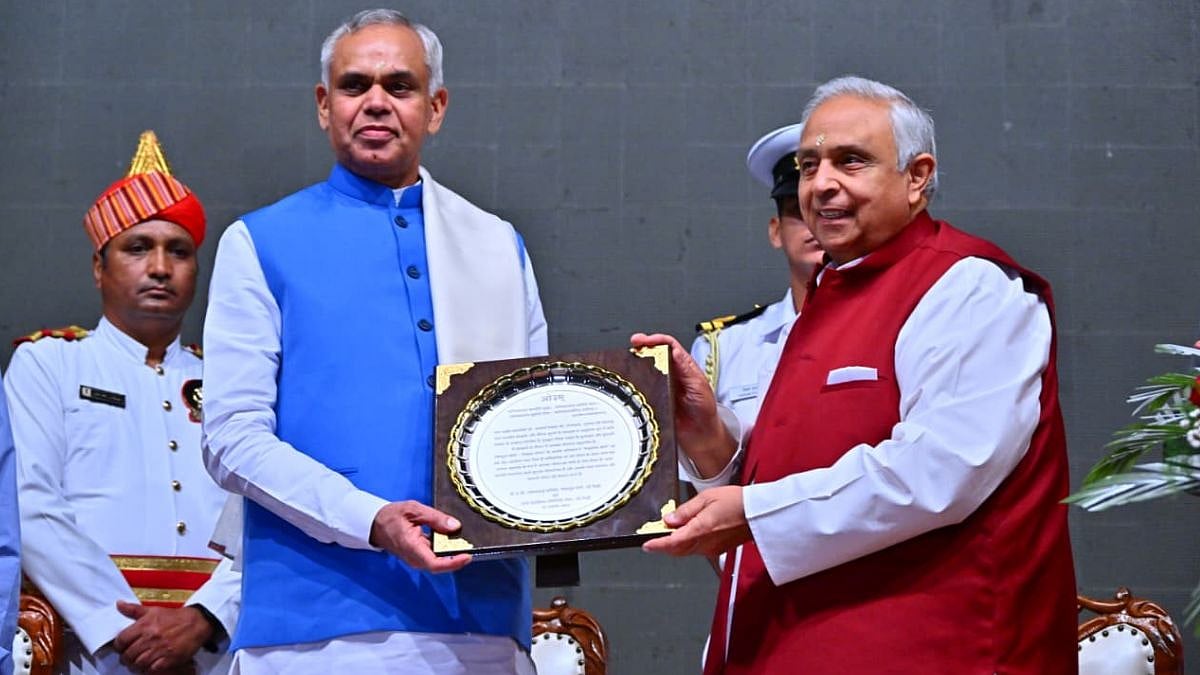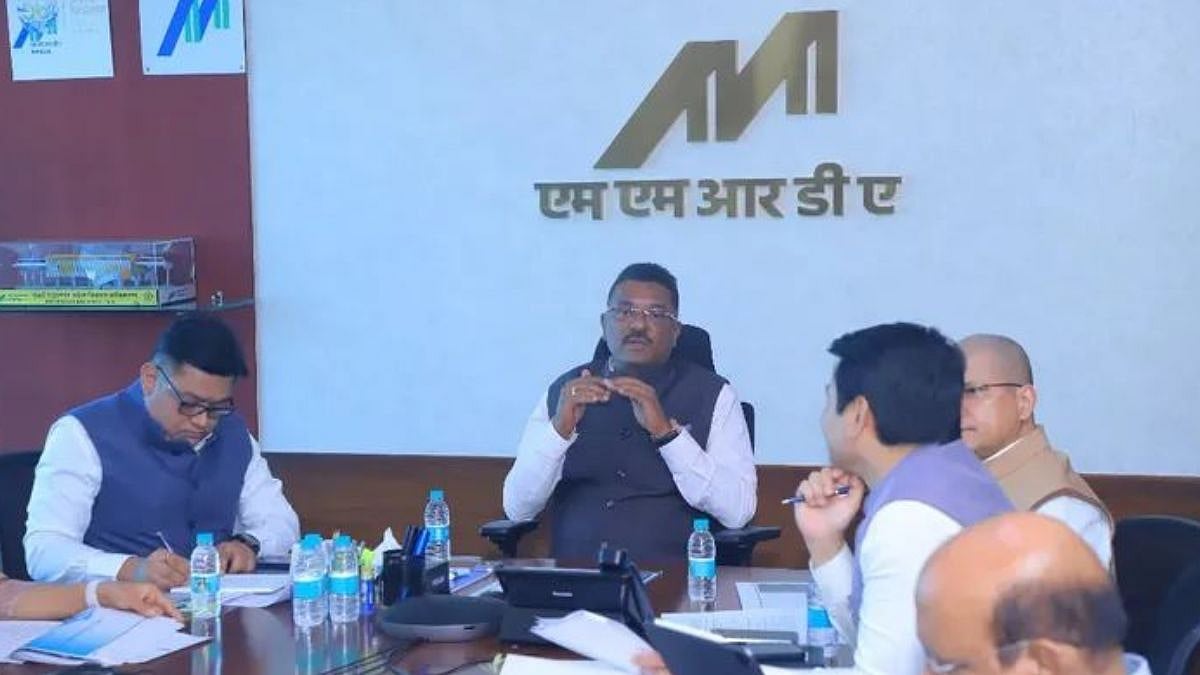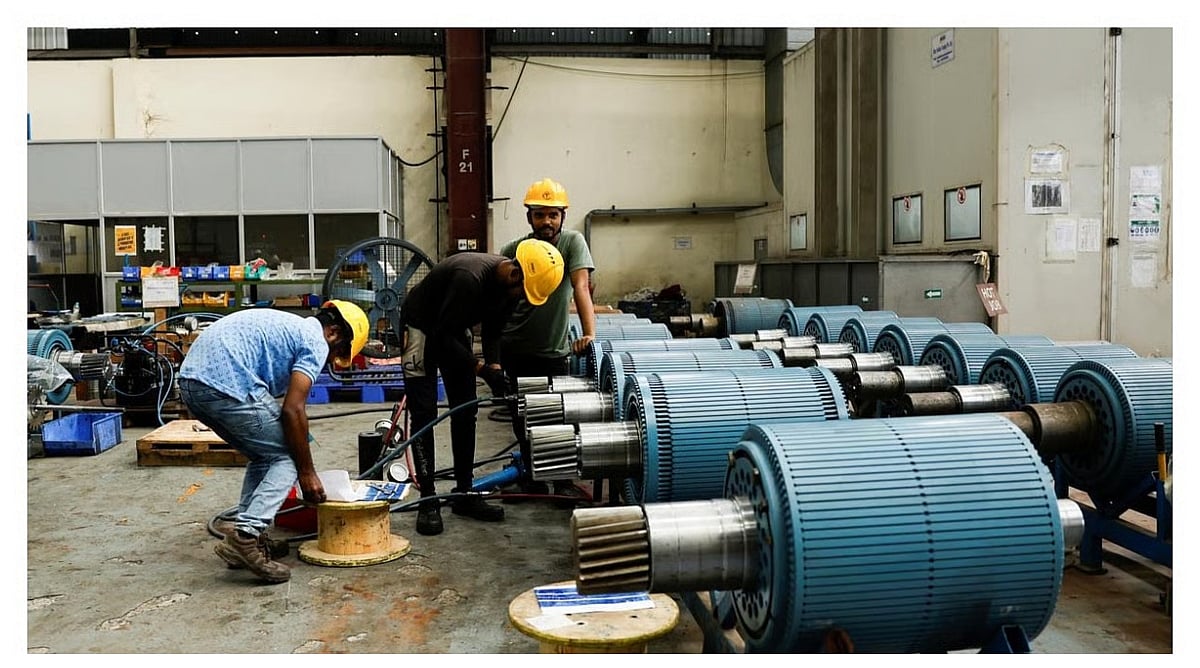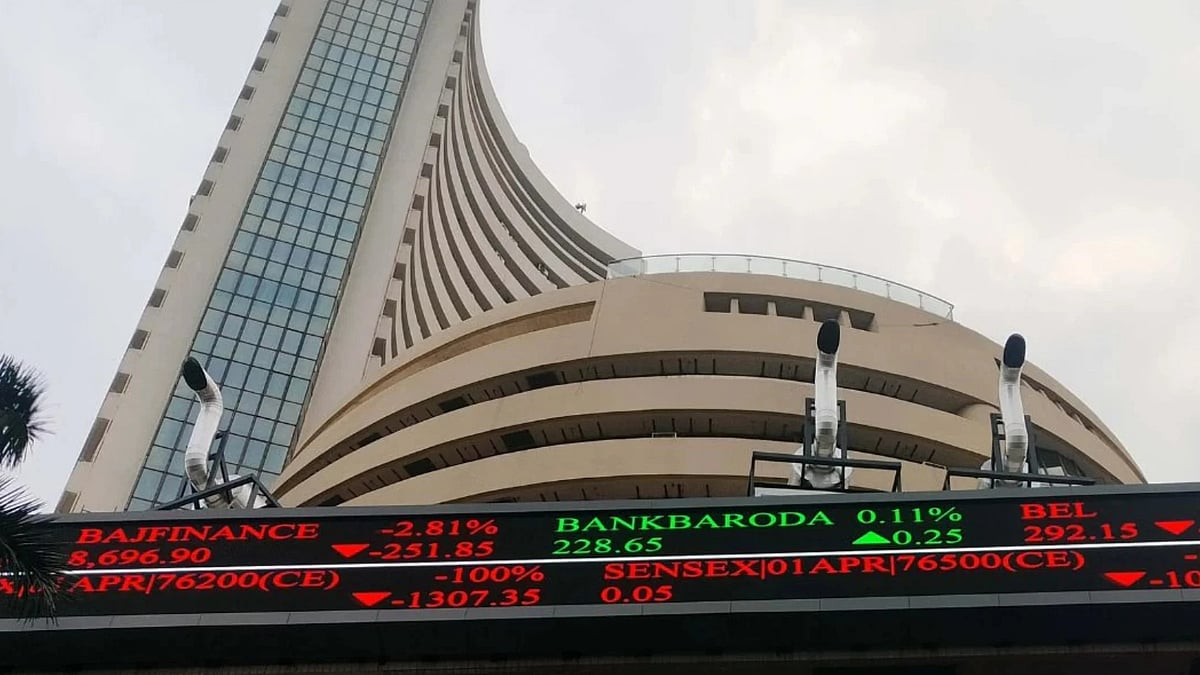Speaking at the Russian Energy Week 2022, Russian President Vladimir Putin on Wednesday announced that Russia would not sell oil at a lower price cap after the Group of Seven (G7) pledged to put a cap on the price of Russian oil sold across the world.
At the event, Putin said, "I have to say that Russia will not act against our own benefit, we will not act to decrease our standing by providing oil or gas at lower prices. No, we will not succumb to this. We will not play by the rules others set and will not act to our detriment."
As the war in Ukraine nears its eighth month with no sight of peace the West suspects the country is bankrolling the invasion with the profits from the continued sale of fossil fuels that makes up for over 40 per cent of its budget.
The cap by G7 would prevent Russian cargoes from selling oil that exceeds the still-undefined G7 limit. This would result in Russia being deprived of a significant portion of the revenues that it would otherwise earn without the capped cost.
According to data by Russia's central bank, on top of the Euro 70 billion earned from refined products in 2021, crude oil exports accounted for Euro113 billion, reported Euronews.
Saudi Arabia and Russia, who have recently been acting as leaders of the OPEC Plus energy cartel, agreed to their first large production cut in more than two years in a bid to raise prices. This was to counter efforts by the United States and Europe to block the enormous revenue that Russia reaps from the sale of crude.
The cut of two million barrels a day represents about 2 percent of global oil production.
The White House was not happy. "The president is disappointed by the shortsighted decision by OPEC Plus to cut production quotas while the global economy is dealing with the continued negative impact of Putin's invasion of Ukraine," Brian Deese, the director of the National Economic Council, and Jake Sullivan, the national security adviser, said in a statement.
Out of all sanctions imposed by the bloc, this slow ban on Russian oil is arguably the most radical decision owing to its potentially disruptive impact on the economies of both Russia and Europe.
The West now plans to go beyond national embargoes.
An international price cap "will help deliver a major blow for Russian finances and will both hinder Russia's ability to fight its unprovoked war in Ukraine and hasten the deterioration of the Russian economy," said US Treasury Secretary Janet Yellen.
But analysts warn the G7 initiative is untested and ridden with risks and unknowns, many of which escape Western control. A botched implementation, they say, could reverberate on a global scale.









